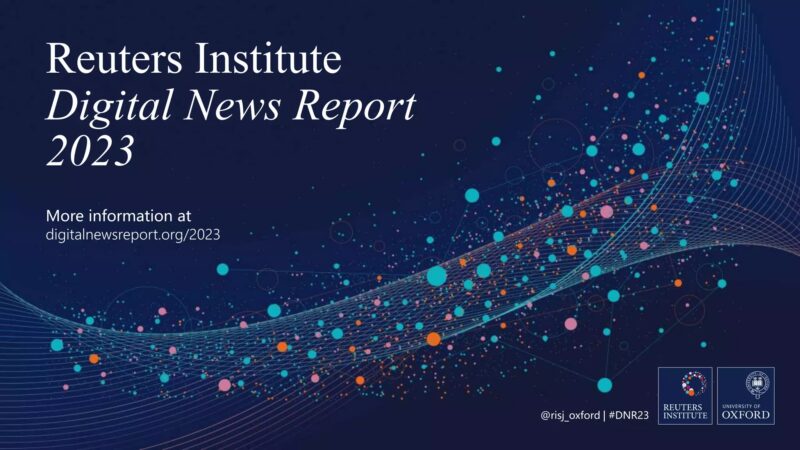More Aussies willing to pay for online news serves as ‘beacon of hope’ for publishers says Reuters report
The number of Australians willing to pay for online news has increased again this year, providing some respite to the current economic environment, according to this year’s Reuters Institute Digital News Report.
Kieran McGuinness of the University of Canberra, who prepared the Australian section of the report, said the 5 percentage point increase to 18% of Aussies paying for online news from the 2022 report was “not a fluke”, with this year seeing another bump to 22%.


